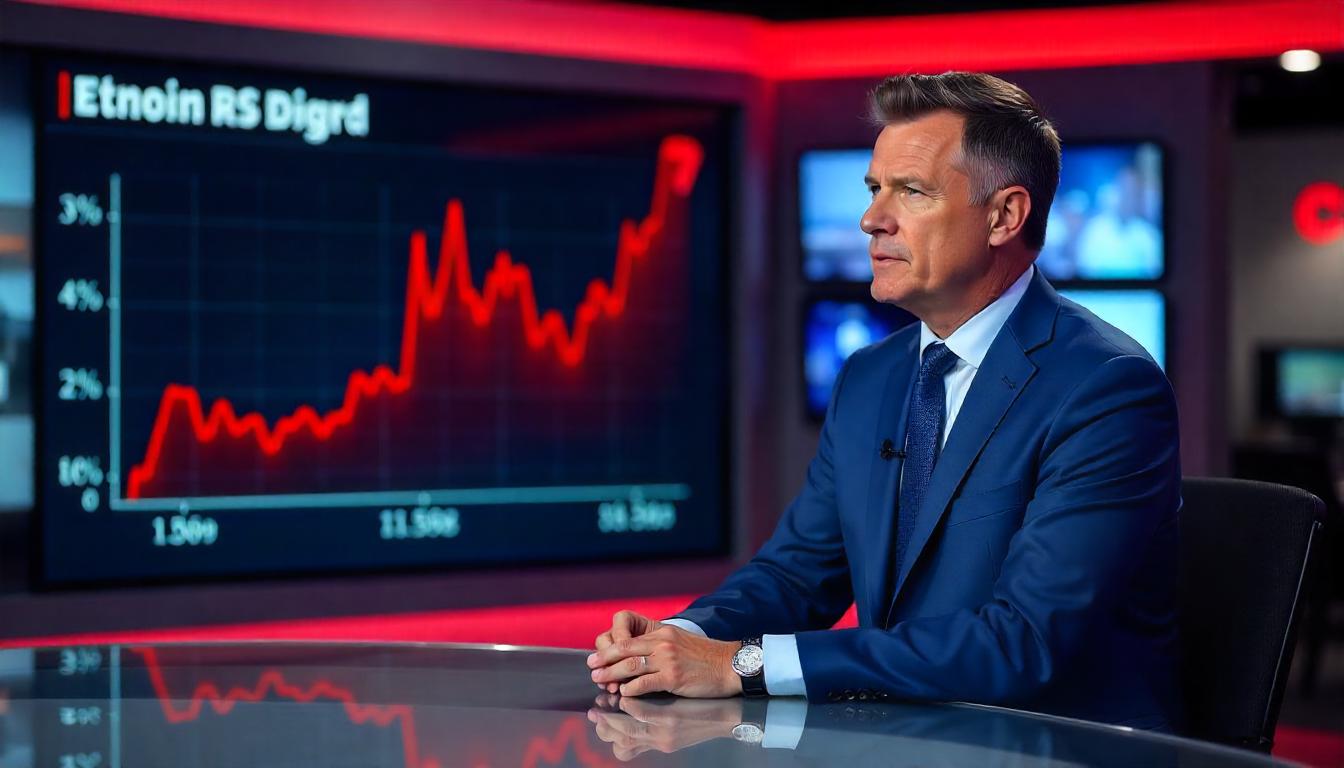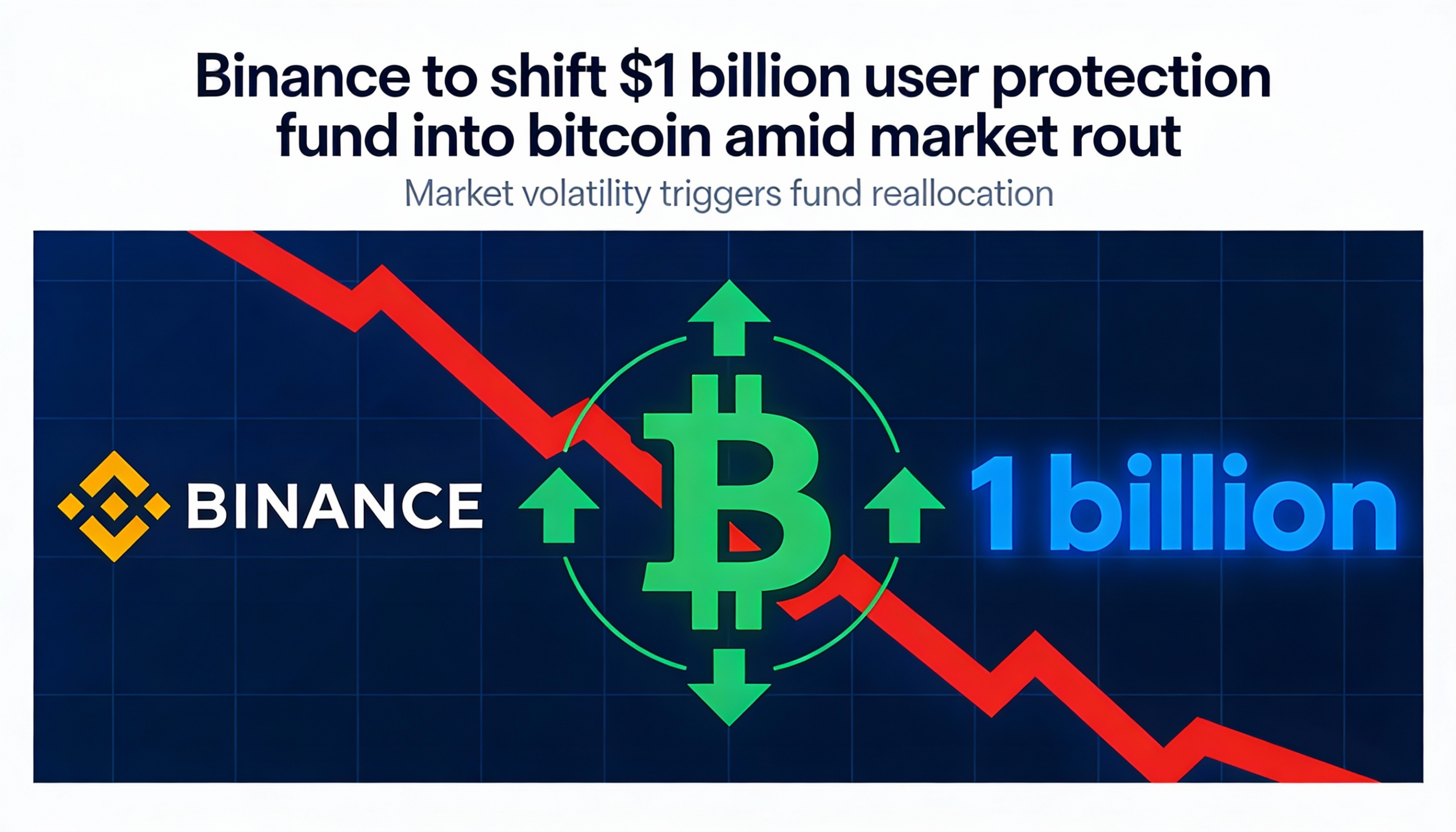GameStop Stock Sinks 25% as Investors React to Bitcoin-Backed Bond Plan
GameStop’s stock took a sharp hit on Thursday, plunging 25% following the announcement of a Bitcoin-backed convertible bond offering, raising concerns about shareholder dilution and the long-term viability of the strategy.
Shares of GameStop (GME) dropped to just above $21, marking their lowest point since October and wiping out all gains made earlier in the week after the company revealed plans to hold Bitcoin (BTC) as part of its treasury reserves.
The sell-off was triggered by GameStop’s late Wednesday disclosure of a $1.3 billion, 0% convertible bond issuance aimed at financing its Bitcoin acquisition. Initially celebrated by crypto supporters, the move quickly lost favor as investors examined the deal’s details and potential risks.
“A significant portion of current shareholders appear to be opposed to this shift, which has led to heightened trading activity and a realignment of market positions,” stated Louis Liu, Chief Investment Officer of Mimesis Capital, in a post on X.
Market analysts suggest that the sharp decline in GME’s stock may be linked to the pricing period of the convertible bonds, during which prospective bond buyers could be offloading or shorting shares in anticipation of a lower price. CoinDesk senior analyst James Van Straten noted that similar patterns were observed when MicroStrategy (MSTR) and Semler Scientific (SMLR) issued convertible notes.
Wedbush analyst Michael Pachter, who has an underperform rating on GME, predicts further downward pressure. “Investors buying these convertible bonds must believe that GameStop’s meme stock appeal will endure for another five years—despite offering no interest payments,” he said.
Drawing comparisons to MicroStrategy’s Bitcoin strategy, Pachter highlighted a key distinction: “MSTR is valued at less than twice the worth of its Bitcoin holdings, whereas GME is trading at over double its cash reserves. This raises serious questions about whether the premium is justified.”
“We anticipate a lackluster response to this offering,” Pachter added. “Those seeking Bitcoin exposure can invest directly in BTC or Bitcoin ETFs without paying a premium to GameStop.”
GameStop is the latest in a growing number of public companies integrating Bitcoin into their financial strategies, a trend popularized by MicroStrategy under the leadership of Bitcoin advocate Michael Saylor. This movement has gained traction, particularly as U.S. President Donald Trump pushes policies to position the U.S. at the forefront of digital asset innovation.
Despite strong advocacy for broader corporate and even governmental Bitcoin adoption, doubts persist among market observers.
“Speculating on companies buying Bitcoin isn’t a sound investment strategy,” said long-time Bitcoin critic Peter Schiff in a post on X. “GameStop has already erased all of its Bitcoin-driven gains from yesterday and is now down 2% over the past two days. The initial wave of speculation is fading, and savvy investors are exiting, recognizing that simply buying Bitcoin does not make for a sustainable business model.”





